Where to watch
A TV director discovers a sub-culture of car-crash victims who use accidents for sexual energy.
Trailer
Why watch the movie Crash?
Hint: In a race across the US heartland, a red car discovers the true meaning of friendship.

Think you can guess today's movie? 🤔

One hint, 6 chances, and a new movie to guess every day
After getting into a serious car accident, a TV director discovers an underground sub-culture of scarred, omnisexual car-crash victims who use car accidents and the raw sexual energy they produce to try to rejuvenate his sex life with his wife.
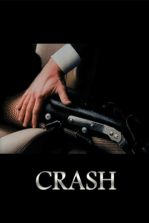


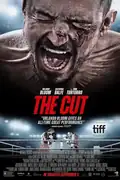
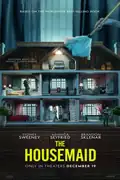
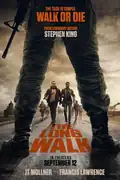
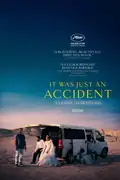



"David Cronenberg's "Crash" is a provocative and disturbing exploration of the human fascination with death and the eroticization of danger. The film follows a TV director who becomes involved with an underground subculture of car-crash victims who use the raw sexual energy produced by their accidents to rejuvenate their sex lives. Despite the film's explicit premise and sexual content, Cronenberg's clinical direction creates a surprisingly distant and detached atmosphere. However, this approach is ultimately effective in highlighting the characters' emotional detachment and the disturbing nature of their fetish. The film's themes and imagery are classic Cronenberg territory, exploring the intersection of technology, sexuality, and human desire. The cast, including James Spader and Holly Hunter, delivers strong performances, fully embodying the characters' complex and often unsettling motivations. "Crash" is not for the faint of heart, but for those willing to delve into its dark and twisted world, it offers a thought-provoking and unforgettable cinematic experience."